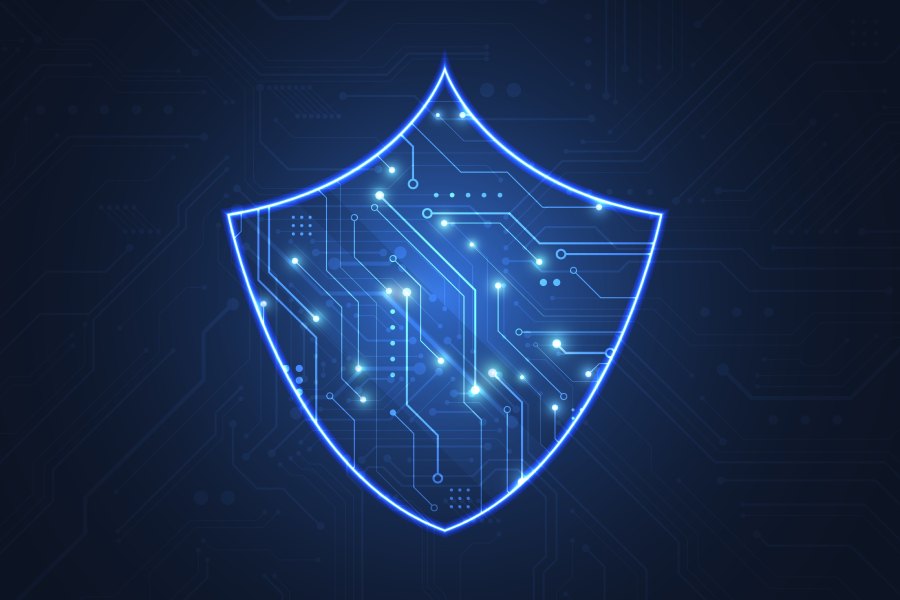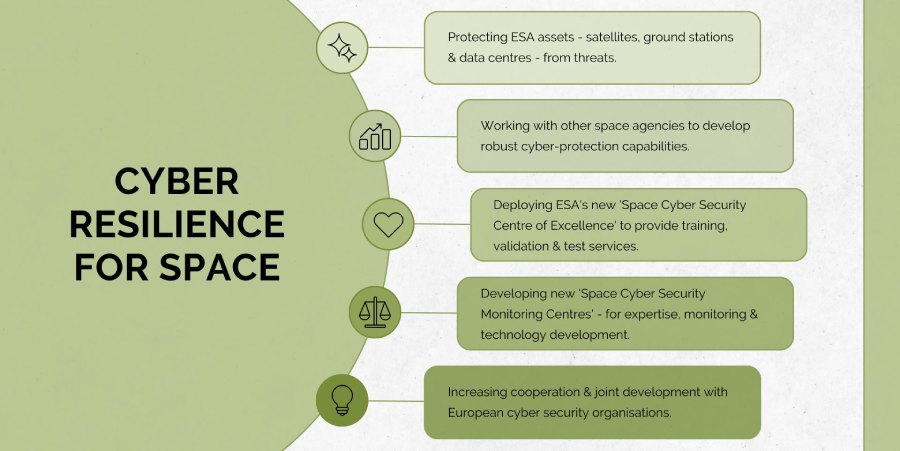[sonaar_audioplayer albums=”243016, 243069, 243091, 243115, 243151, 243173, 243195, 243238, 243291, 243308, 243324″ progress_bar_style=”default” wave_bar_width=”1″ wave_bar_gap=”1″ player_layout=”skin_boxed_tracklist” show_track_market=”true”][/sonaar_audioplayer]
Chandrayaan 3- the Indian spacecraft landed on the moon’s surface, making India the 4th country to achieve this astonishing feat! India has been investing consistently in its space missions, astronomical capabilities, and ground support infrastructure. However, at present, this South Asian country needs to concentrate on cybersecurity as Indian space infrastructure is being targeted left, right, and center by threat actors.
The chairman of ISRO (Indian Space Research Organization), Dr. Sreedhara Panicker Somanath, said that with India’s humongous space infrastructure, the focus should be on cybersecurity. Managing data across different countries and coordinating with each one of them makes Indian space infrastructure and satellites highly vulnerable to cyberattacks.
Why is the Indian space landscape susceptible to cyberattacks?
India is among very few nations that are actually serious about their space missions. But this ambition is proving to be quite risky, especially because of the high degree of competition among these nations. The issue of cyber threats has also escalated because of the increasing nation-state conflicts. Experts believe that India’s space initiatives can easily attract regional attackers. India’s tense relations with Pakistan make the South Asian country prone to regional cyberattacks on space infrastructure.
Recent cyberattacks on different nations’ space programs
India alone is not on the radar of threat actors. Back in 2022, the Russian invasion of Ukraine resulted in an attack on Viasat KA-SAT network, leading to communication outages. Also, state-sponsored threat actors tried to hack Elon’s Starlink network. Some hackers also managed to take communication systems down last year by delivering malware to Russian satellite terminals. All these attacks signify that cyber threat is a real issue that the global space landscape must take cognizance of.
India’s preparation against space-oriented cyberattacks
Currently, India is striving to come up with a robust cybersecurity setup backed up by state-of-the-art tools and expertise. At present, India is relying majorly on indigenous firms to develop a solid cybersecurity mechanism.
It is high time that India amps up its cybersecurity setup, as the nation is already experiencing over 3300 attacks every week per organization. This is highly concerning as the global average is way below 1830 attacks per week.
But why is India’s space infrastructure so badly targeted by threat actors?
Experts believe that rapid digitalization is the main culprit. Rushing the process has resulted in a lack of ample cybersecurity measures to safeguard the critical space infrastructure. With every passing day, the number of internet users is growing rapidly. To top it up, the lack of cybersecurity awareness further worsens the situation. Also, India has an underdeveloped cybersecurity infrastructure, which is a cause for concern for its space ambitions.
India’s space landscape faces as many as 100 cyberattacks on a daily basis!
Cybersecurity training- The need of the hour for India
Back in 2021, India had merely 100,000 cybersecurity professionals. The number 3x-ed in the next 2 years. Despite having the second-largest global internet user base, India is badly suffering from a crucial cybersecurity skill gap. As many as 40K openings are left vacant because of a lack of cybersecurity experts.
The South Asian nation needs to come up with training programs for cybersecurity professionals and help them upskill with time. Because of the gap in demand and supply, particularly in areas like phishing protection, the cybersecurity landscape in India remains affected and prone to cyberattacks.
Also, there is a dire need to concentrate on cyber-awareness programs for laymen.
The novelty of Indian space technologies and visions hint towards the lack of meticulous testing. Although the uniqueness of India’s space projects brings them a host of advantages, the novelty makes the same projects obscure. It thus becomes difficult to safeguard them from sophisticated cyberattacks.
The prototype projects can be susceptible to cyberattacks given that space experts are unaware of their level of vulnerability as the security tests are still underway. Somanath, ISRO’s chairman, believes that “nothing is safe in the world” and that years of space efforts can go down the drain in a matter of seconds because of increased elements of cyber risk.
By blending India’s technical intelligence, engineering capabilities, and space efforts, this South Asian country can conveniently create a safe space landscape. The government’s persistent efforts, all-encompassing vigilance, and laser-focused techno-diplomatic relations can prove to be extremely beneficial for the nation’s space infrastructure.
Other space contenders are relentlessly looking forward to enhancing their cybersecurity mechanisms and safeguarding their space mechanisms. For example, the US-based NIST has collaborated with MITRE Corp. in order to strengthen its cybersecurity framework. The Aerospace Corp. is also working closely with the US military to develop a satellite that can test and analyze the impact of real-world cyberattacks on space infrastructure.
The key is to pull up socks and invest time and energy in cybersecurity so that India’s critical space infrastructure remains safe from the clutches of threat actors.



